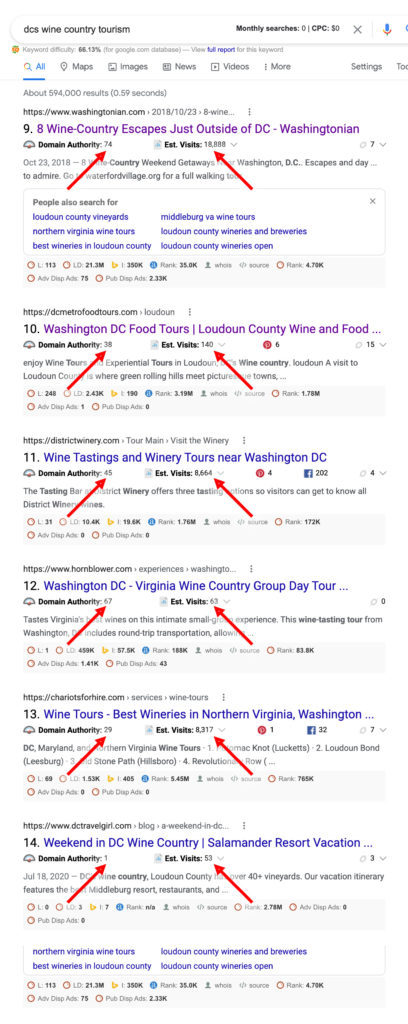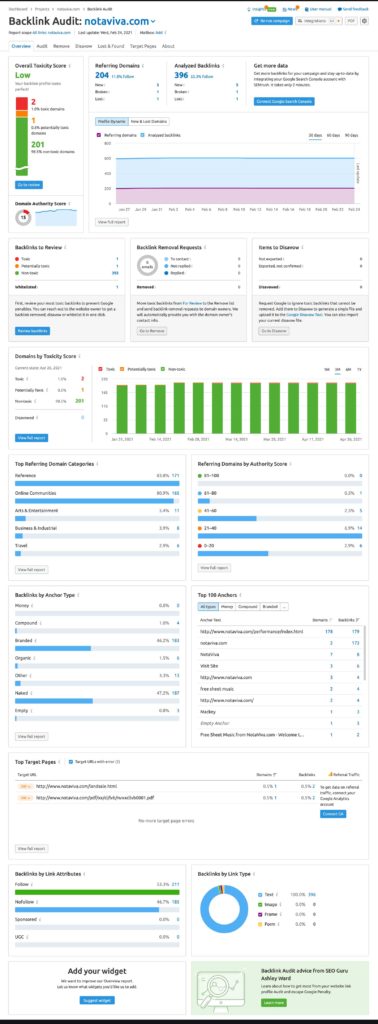Blogging has become a content market staple for many businesses as it gives them an opportunity to share their direct expertise and perspective with an audience, while improving SEO.
While writing for a company or personal site provides an obvious benefit, brand leaders should explore the idea of guest blogging. This is a type of content marketing where someone writes and publishes a blog post on a third-party website or blog to promote their brand.
Guest blogging sites expose brands to a relevant audience and can be an effective method to generate awareness — but it is not without risk and must be done carefully and strategically to avoid Google penalty.
Why Guest Blog?
The first question that comes to many people’s minds when considering whether to author a guest blog is, “why would I share my knowledge to drive awareness on someone else’s site?”
As with many considerations that people face in the digital marketing realm, I try to liken the question to a physical metaphor to help people see the value in an initiative. For example, my response to the above question (regardless of industry) would be along the lines of, “well, if you’re a professional fisherman trying to improve your brand visibility, and Bill Dance asked you to join him onstage at a fishing conference for a panel discussion, would you join him?” Of course, you would!
For those not familiar, Bill Dance is a fishing icon perhaps best known in popular culture for always wearing his Tennessee Volunteers hat. Talking on stage with Dance – or his equivalent in your industry – provides instant credibility.
It’s the same with guest blogging. Writing for a notable site provides instant credibility with a previously unknown audience, helping expand your presence. As digital marketing guru Neil Patel writes, there are three main goals for guest blogging:
- Positioning yourself as an authority and well-known name in the industry.
- Getting exposure (traffic) back to your website.
- Building backlinks to your website (though this should never be the main focus, as Google frowns on this).
Being Successful at Guest Blogging
The hard, cold truth about being successful at guest blogging really comes down to two facts: you have to be an expert about your blogging topic, and you have to write well.
Specifically, if your writing abilities are marginal and your topic of expertise is neither thought-provoking nor particularly insightful, your ability to gain access to the best blogs for guest contributions will suffer. If you’re a decent writer and have an interesting (but not earth-shattering) topic, then you might be getting some call-backs from lower-tier publications or local papers and you manage to place a guest blog. Now you’re a “published guest blogger,” but you’re not seeing any significant lift in your website traffic through Google Analytics. Why might that be?
As it turns out, any backlinks that you might get from your new guest post on the local paper blog, aren’t going to be as valuable as backlinks from a major publication or the blog of an industry influencer. Simply by using a browser extension like UberSuggest you can see the domain authority of various online channels.
Let’s assume I wanted to write a guest post about the enjoyment of agritourism adventures
in Western Loudoun County, Virginia, which has been branded as “DC’s Wine Country” by our local tourism bureau. As both a winemaker and a brewmaster, I have some interesting perspectives on many aspects of our regional agritourism ecosystem. By conducting searches on “dcs wine country tourism” then looking at Domain Authority (DA) and Visits, it becomes clear that larger properties such as Washingtonian Magazine are going to provide far more beneficial backlink value than smaller blogs such as the dozens and dozens of wine and food and travel businesses, as seen Figure 1 below.

The same process holds true for information technology and cybersecurity companies. There are countless national, regional and local news publications who may be interested in your story, or industry trade publications that reach your core audience.
By taking a methodological approach to pitching guest blog outlets and continuing to hone your expertise and writing skills while building up your content library, over time you should see certain trends emerge:
- The average DA of the outlets that will respond to you is increasing. In other words, larger publications are taking notice of your authority on your subject matter
- The amount and quality of inbound traffic is increasing
- People begin pitching YOU to contribute to THEIR publication (you know you’ve made it when…)
The Dangers of Guest Blogging
There are a few dangers inherent in guest blogging. The first is that you are choosing to align your personal or professional brand with another property. Are you aligned philosophically? What happens to your image if the week after you appear on a publication blog, they have a major PR crisis in the news? Will that affect you in some negative manner? What if the backlinks that you worked so hard to achieve are all broken and their webmaster just resigned, leaving your guest blog pointing to nowhere?
Another (very often misunderstood) aspect of guest posting is the recent surge in penalizations by Google for what they deem “spammy” backlink tactics. In particular, Google seems to have taken a serious dislike to paid links that are embedded in posts.
Publishing guest posts without a “nofollow” link attribute may be risky at this time, at least until Google issues a formal announcement. While it may be tempting to include several backlinks within your article, this is now considered a high-risk practice. Don’t link back more than once: An author bio or a link to content on your website are simple ways to link back to your website — but you can err on the side of caution by avoiding both.
To be truly cautious, insist that links back to your website have the “nofollow” attribute applied. If you choose that strategy, you do forego the potential benefits of the backlink, however that means you reap the promotional benefits and sacrifice SEO for the sake of ensuring a penalty-free interaction.
Another tool that can be brought to bear on the viability of your guest blogging initiatives and ultimately backlink health is the SEMrush Backlink Audit tool. By setting up your website as an SEMrush project, then running a backlink audit weekly or bi-weekly, you can keep close watch on the health of your backlink ecosystem, as seen in Figure 2 below. Backlink Audit looks at your domain’s backlink profile to help you avoid Google penalties related to toxic backlinks.

The tool provides a workflow to audit all your links, analyze the toxic signals associated with any suspicious links, send emails to website owners, and ultimately create a disavow file to send to Google.
Final Thoughts
Guest blogging often provides a valuable return on your time as it exposes you and your firm to a new audience. At W2 Communications, our Content Development division produces hundreds of published blogs, white papers, bylined articles, etc. every year. We can work with your team to locate guest blogging opportunities and help you craft that perfect piece. Please contact us to learn more about how we can promote your brand.





